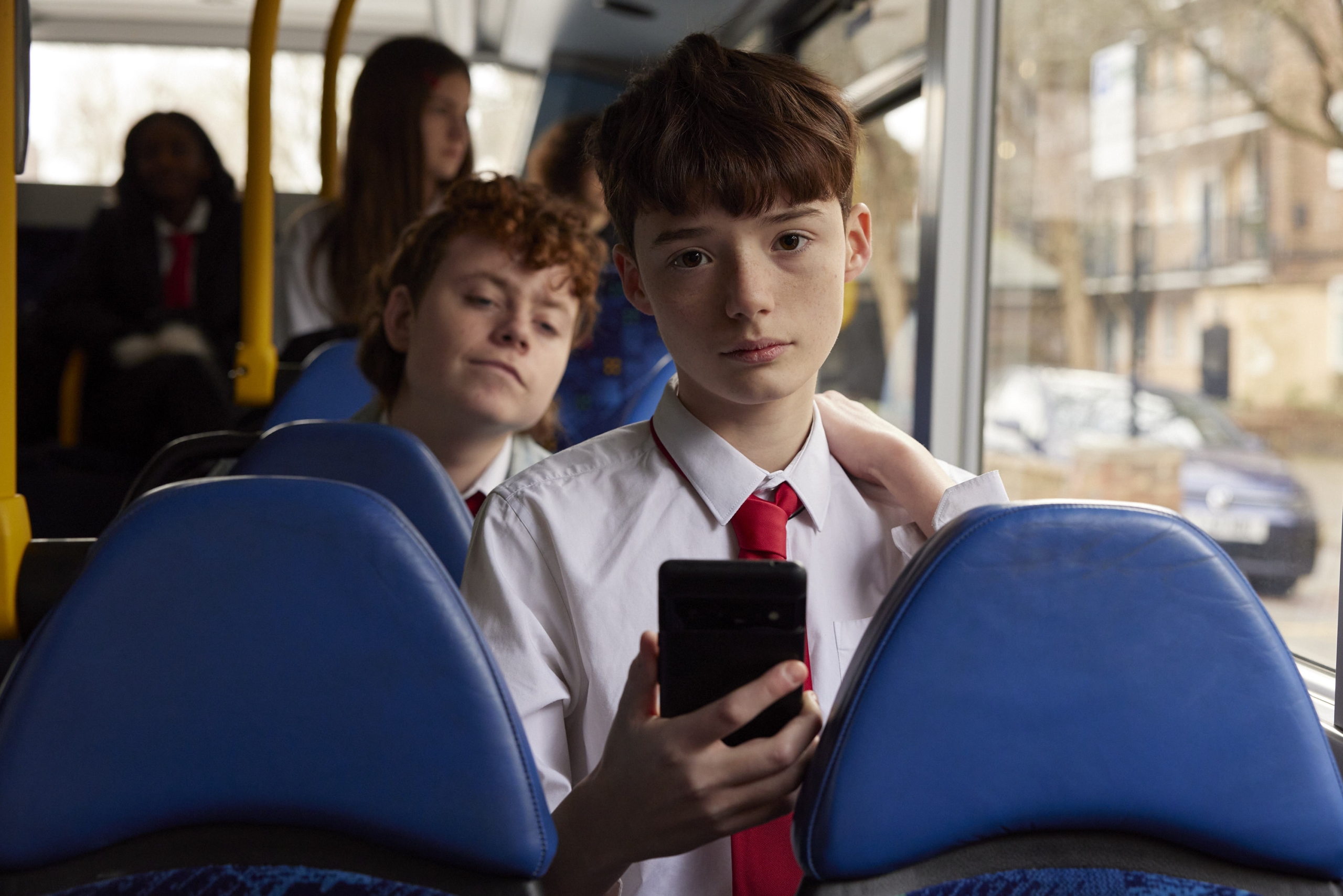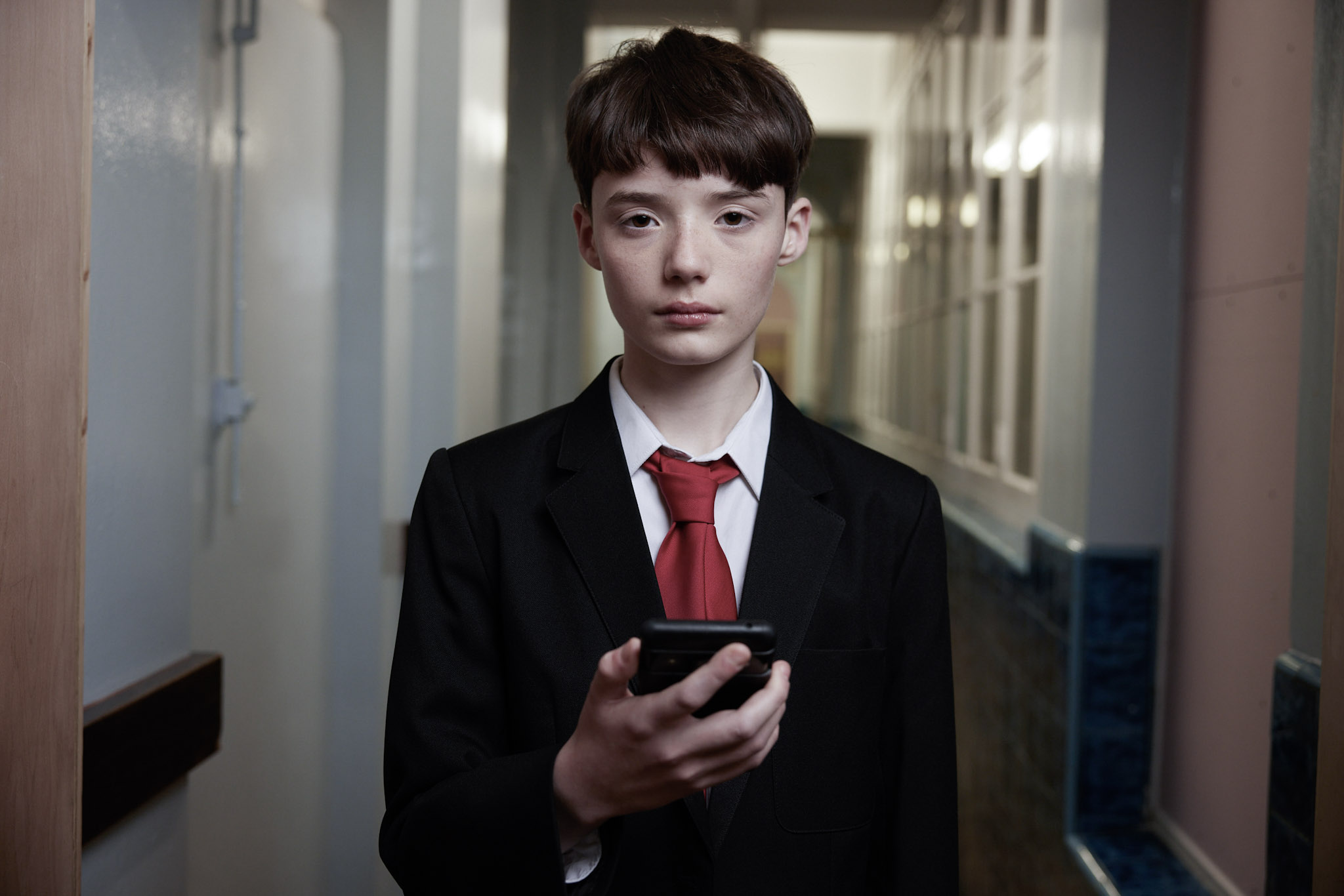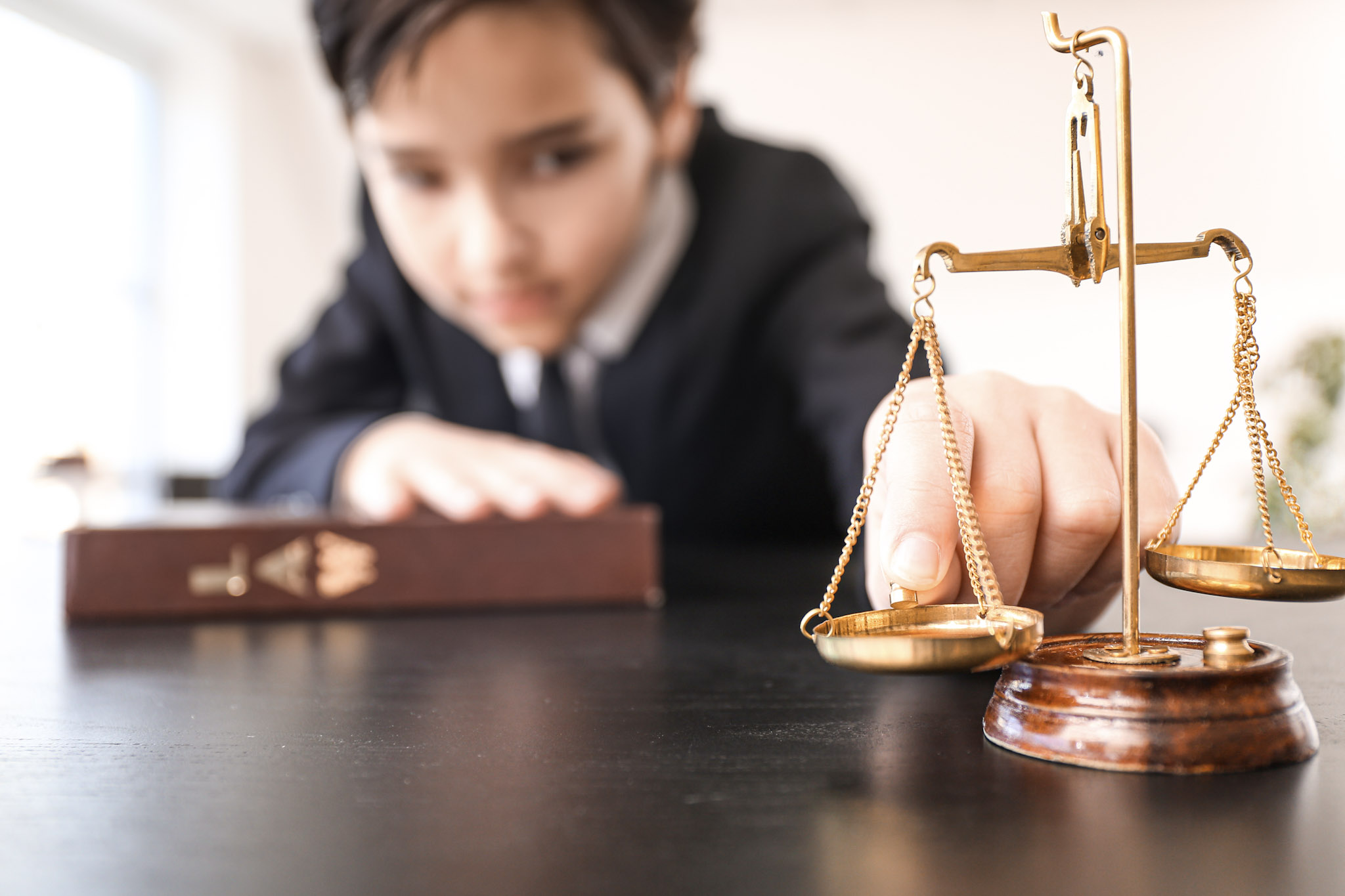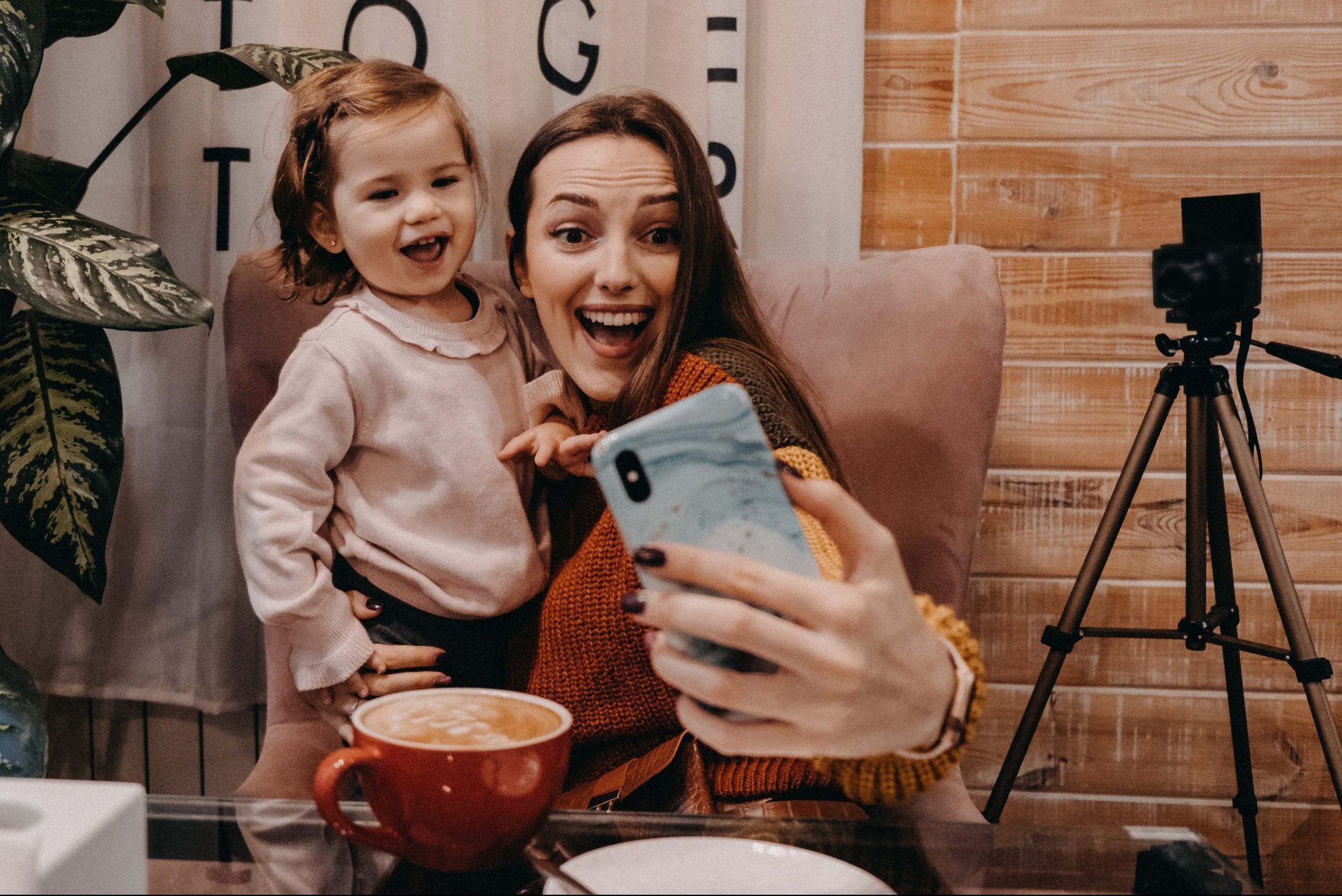
Oversharing can have unintended consequences, but avoiding such grief needn’t be a family drama. Here's what you need to know.
Many parents rightly worry about their kids sharing too much online. But parents and grandparents can be just as guilty, forgetting that children have a right to privacy, too. And heedless oversharing can even put kids in potential danger.
Soon it might become easier for kids to fight back.
In August 2021, Google announced that it will be launching a service for anyone aged under 18 to request the removal of images of themselves from Google image search results – images that may well have been posted online by their own family members.
Some people have even taken to court to protect their kids’ privacy. In 2020, a Dutch grandmother was ordered by a court to delete photos of her grandchildren that she’d posted on Facebook without the permission of the parents – in this case, her own daughter, who had brought the case to court.
It’s an extreme and isolated case, but part of a growing trend.
Why is this an issue?
Dr Claire Bessant, Associate Professor in Law at Northumbria Law School, Northumbria University has researched the phenomenon of parental oversharing, or ‘sharenting’. Dr Bessant told Vodafone UK News that the possible consequences of sharenting include:
- Loss of privacy – for example, the metadata in photographs can provide third parties with GPS-based location information.
- Embarrassment and anxiety, a consequence also identified by a BBC Newsround survey and one that could affect children once they enter the job market.
- Ridicule or bullying, online and in the real world, by their peers.
- Unwanted national/international attention and celebrity status if an image becomes a viral meme.
- Denying children the right to create their own online identity.
- The possibility of identity theft/fraud as cybercriminals can piece together seemingly disparate pieces of information, a potential danger recognised by Barclays.
- Images and video may be misused/altered by paedophiles, a threat previously reported on by Wired UK.
It’s not just parents who should take heed – grandparents, uncles and aunts, as well as extra-curricular clubs, should all be aware of the possible unintended consequences of oversharing.
How much is too much?
Stacey Steinberg, formerly a prosecutor and now a professor at the University of Florida, is also a researcher in the areas of children’s privacy and sharenting. According to her, there are some things that should never be shared:
- Location data – for example, you can stop your smartphone from saving GPS data in the photos you take by adjusting the camera app’s settings.
- The child’s full name.
- Images showing any state of undress, such as at bathtime or at the beach, for obvious reasons.
Dr Emma Nottingham, a Senior Lecturer in the Department of Law at the University of Winchester, who has done research into children’s rights, adds the following:
- The child’s birth date and anything that could indirectly indicate it, such as birthday party photos posted on the day itself.
- Photos and videos of, or details about other children – such as your child’s friends, even if they’re only in the background of an image.
- Your child’s school or anything that could indirectly give that away, such as an image of their school uniform.
Consider the effect sharing can have on the child’s current and future sense of self and well-being
(Prof Stacey Steinberg)
But aside from these red lines, deciding what is and isn’t appropriate to post as a parent can be tricky.
“Untangling the parent’s right to share his or her own story and the child’s right to enter adulthood free to create his or her own digital footprint is a daunting task,” says Ms Steinberg.
The key principle is to “consider the effect sharing can have on the child’s current and future sense of self and well-being”.
If you want to continue posting, rather than stopping completely, there are some practical measures you can take. Ms Steinberg advises parents to share anonymously and to familiarise themselves with the privacy policies of the services they use. Many of those services have privacy controls, so parents can control who sees their posts. If they’re not posting anonymously, then parents may wish to set up Google Alerts so that they’re notified whenever a webpage indexed by Google mentions their child by name.
Dr Nottingham notes that, when taking photos and videos, parents can use their creativity to preserve at least part of their children’s privacy while still sharing online. Techniques such as covering their kid’s face with emoji, shooting from a distance and shooting behind their heads or over their shoulders.
It’s good to talk
Ms Steinberg recommends that parents give their older children a veto over online disclosures. But even before kids reach that age, parents should discuss their online posts with them as soon as the youngsters can understand what’s happening, advises Dr Bessant – if only to inform their own online behaviour when that time comes.
What’s important is the awareness that people should share more mindfully
(Dr Emma Nottingham)
For her research in 2016-17, Dr Bessant interviewed 45 parents about their children’s online privacy. Most thought that 12 or 13 was the appropriate age to discuss their online activity with their kids. But some noted that their children were as young as six, nine and 11 when they were old enough to understand and have opinions about their parents’ posts.
Dr Nottingham notes that such parent-child dialogue wouldn’t be a one-off, but a frequent and continual process. Some families may wish to go further with “an informal family agreement, certain dos and dont’s, agreeing on the compromises that work for them”.
After all, it doesn’t have to be everything all the time or nothing at all with parental sharing. As Dr Nottingham puts it, “what’s important is the awareness that people should share more mindfully”.
Stay up-to-date with the very latest news from Vodafone by following us on Twitter and signing up for News Centre website notifications.

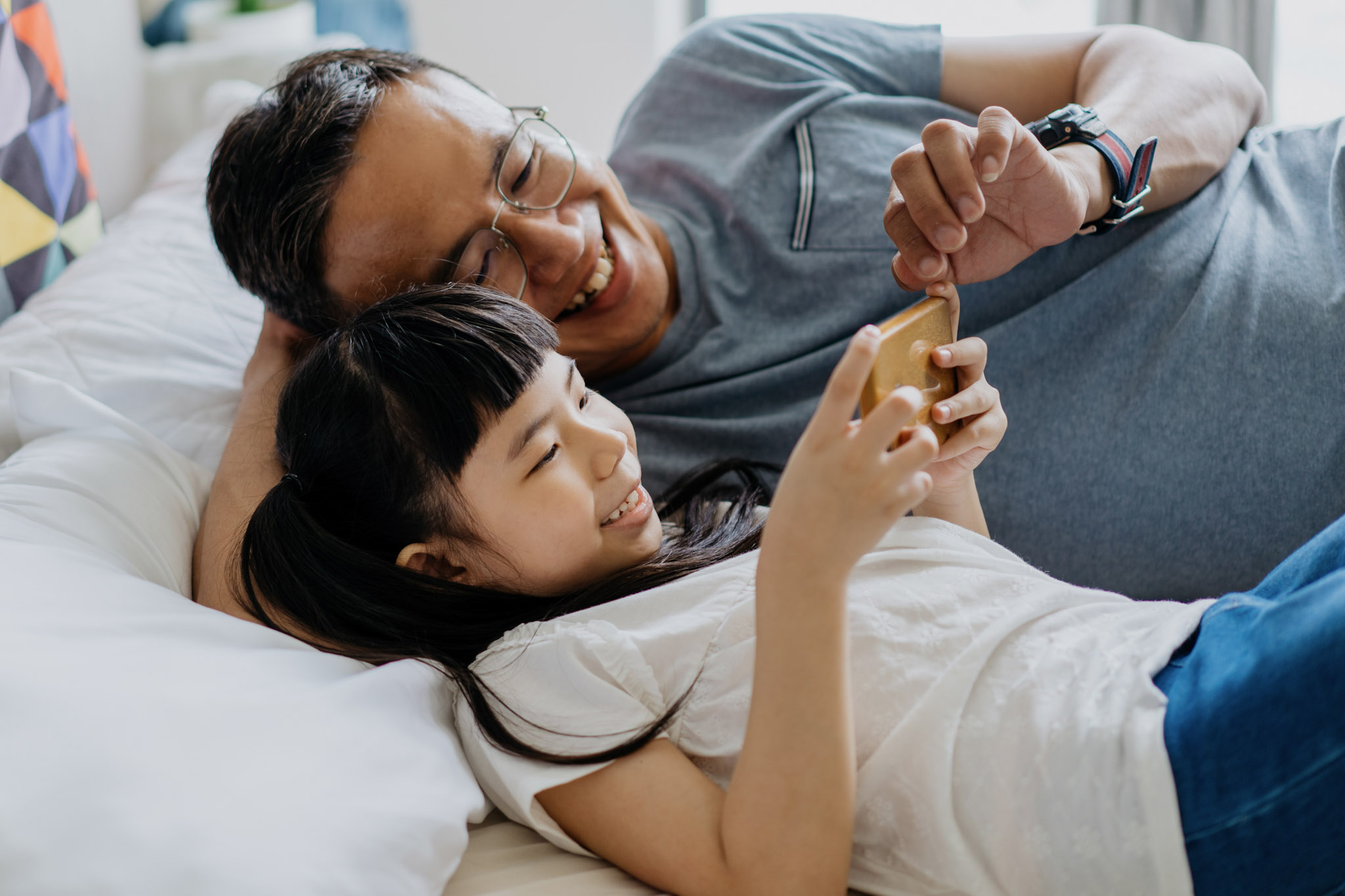
![Portrait of school age boy sitting at kitchen table do not want to eat[Adobe Stock] stock photo of a young boy sitting at a kitchen table, refusing to eat the food in front of him](https://www.vodafone.co.uk/newscentre/app/uploads/2024/03/Portrait-of-school-age-boy-sitting-at-kitchen-table-do-not-want-to-eatAdobe-Stock.jpg)
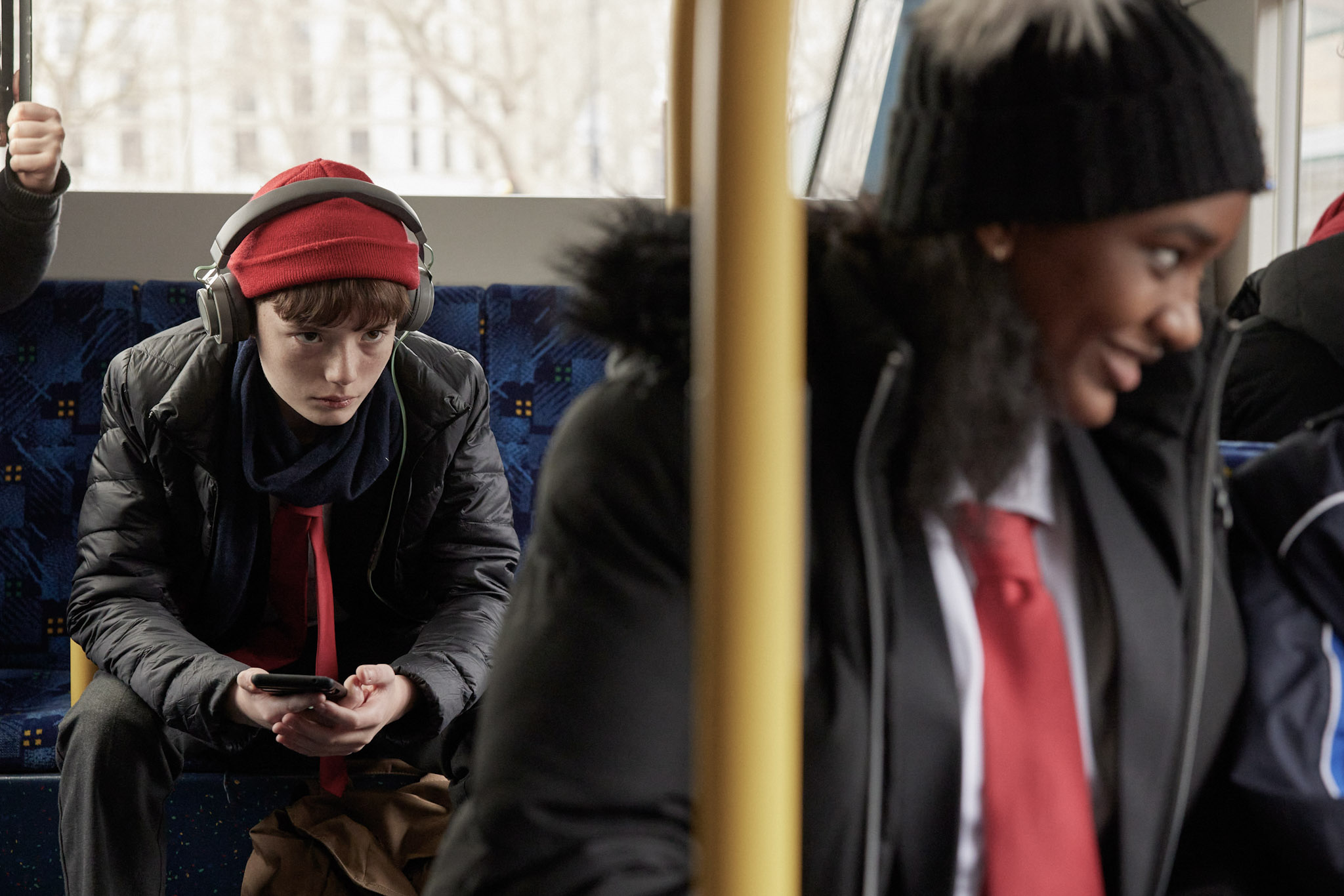
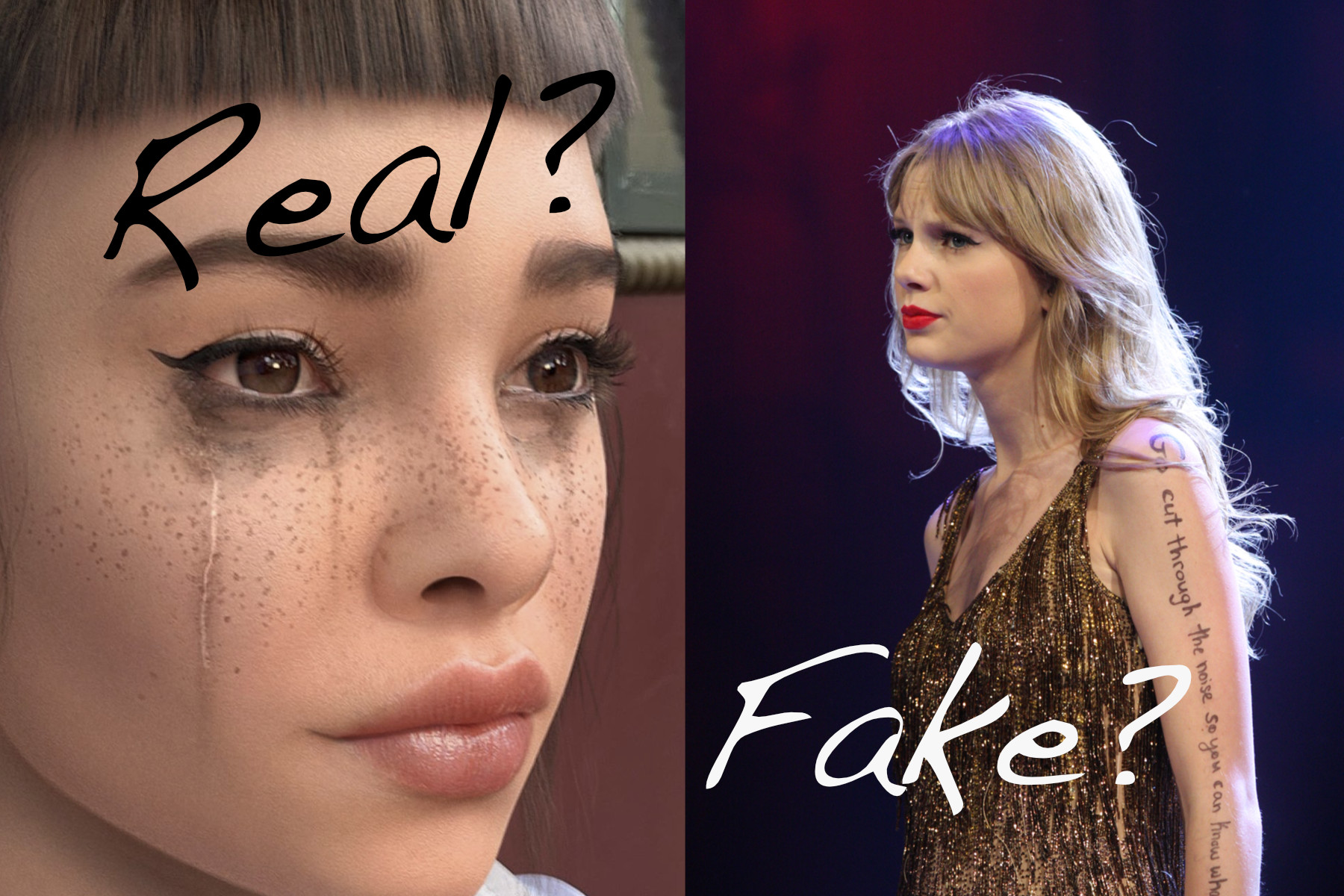
![mother with daughter with smartphone in snowy weather [Adobe Stock] stock photo of a mother outside in snowy weather with her daughter while using a smartphone](https://www.vodafone.co.uk/newscentre/app/uploads/2024/02/mother-with-daughter-with-smartphone-in-snowy-weather-Adobe-Stock.jpg)
